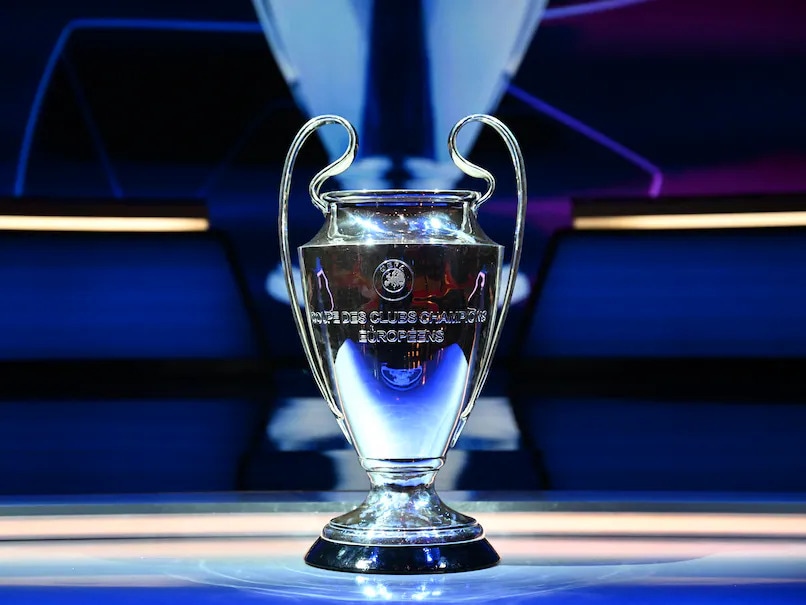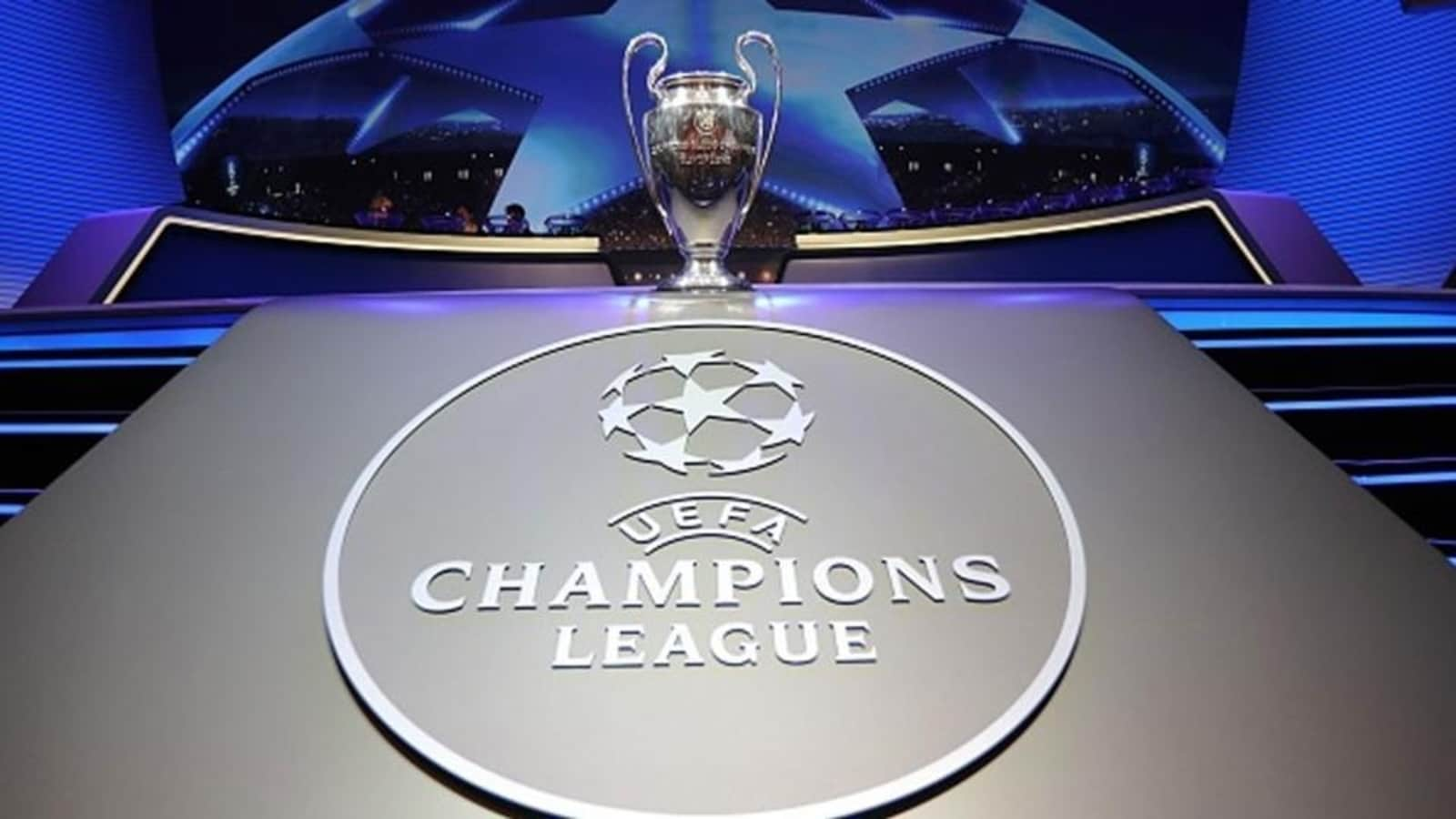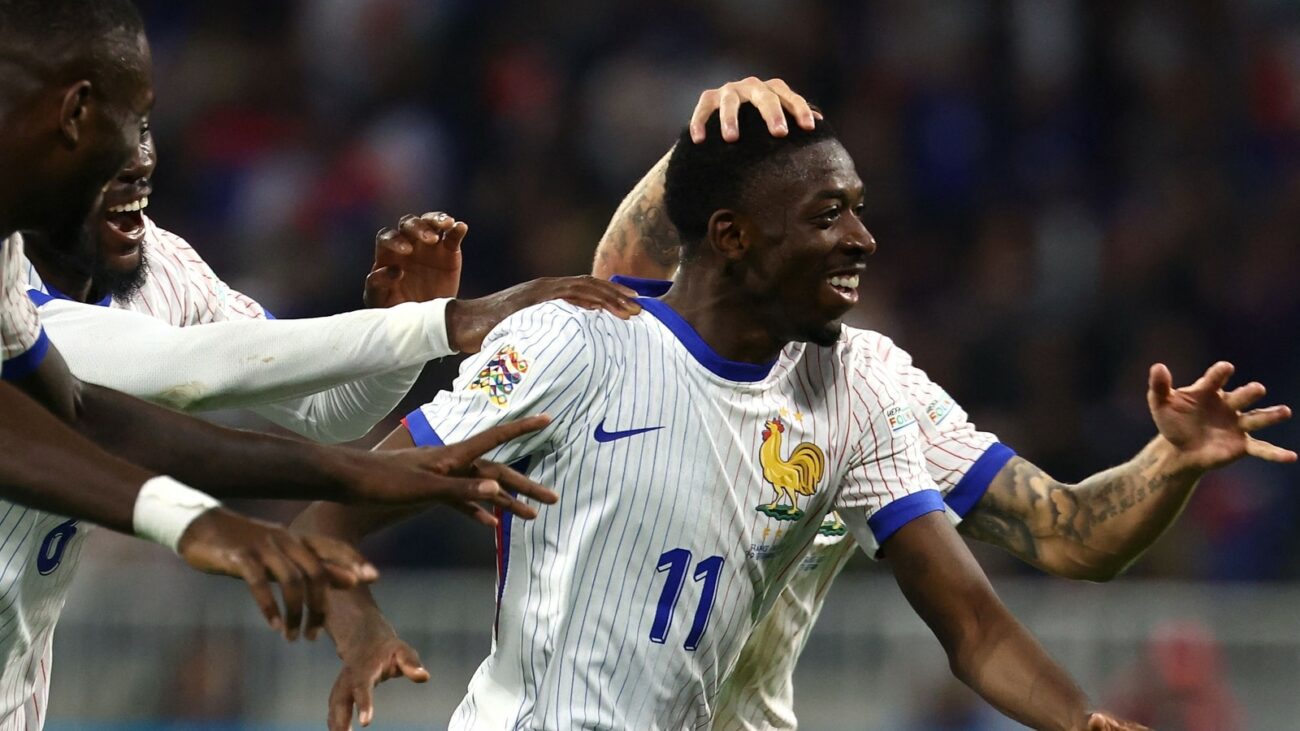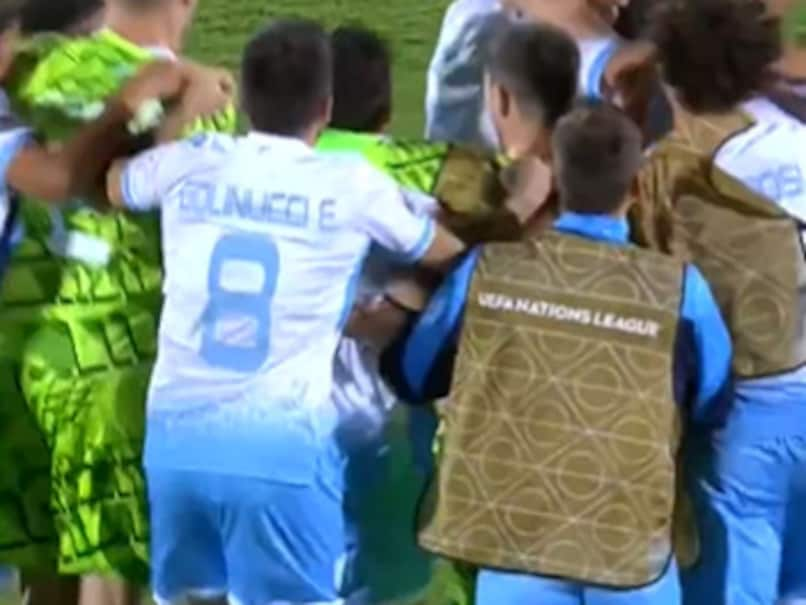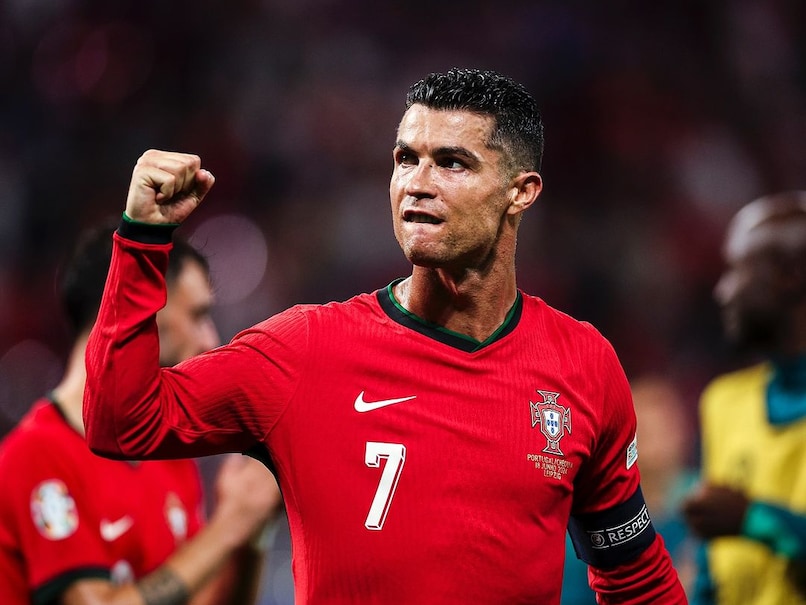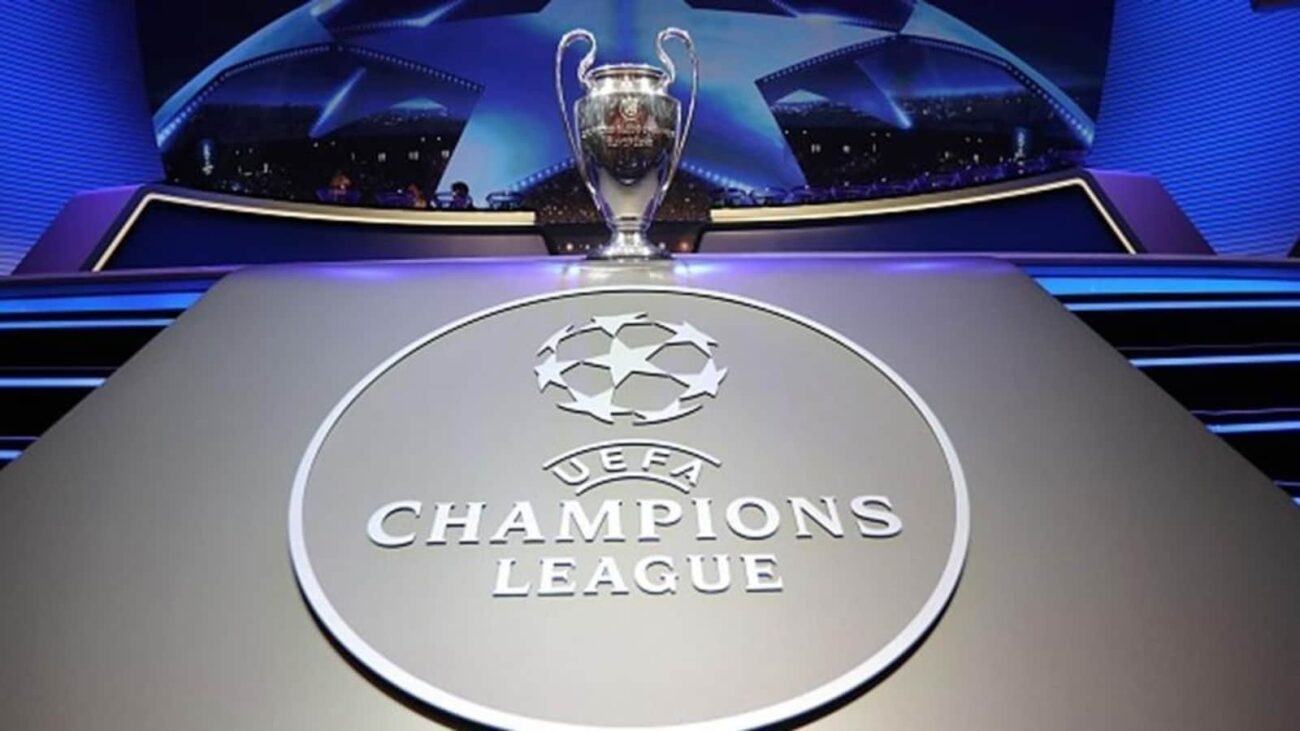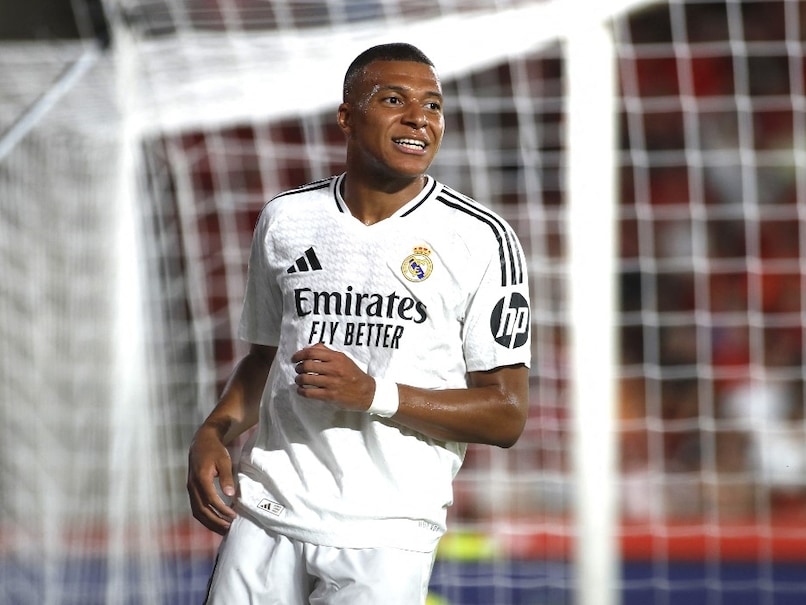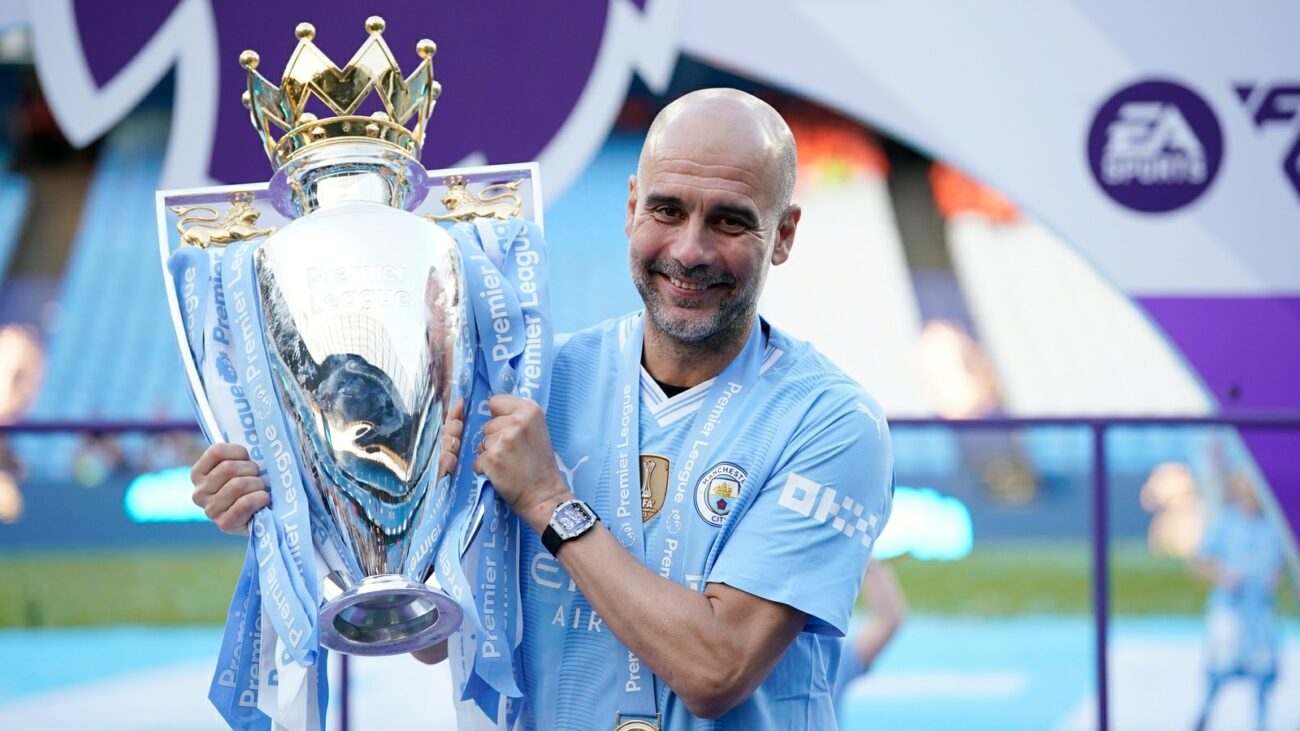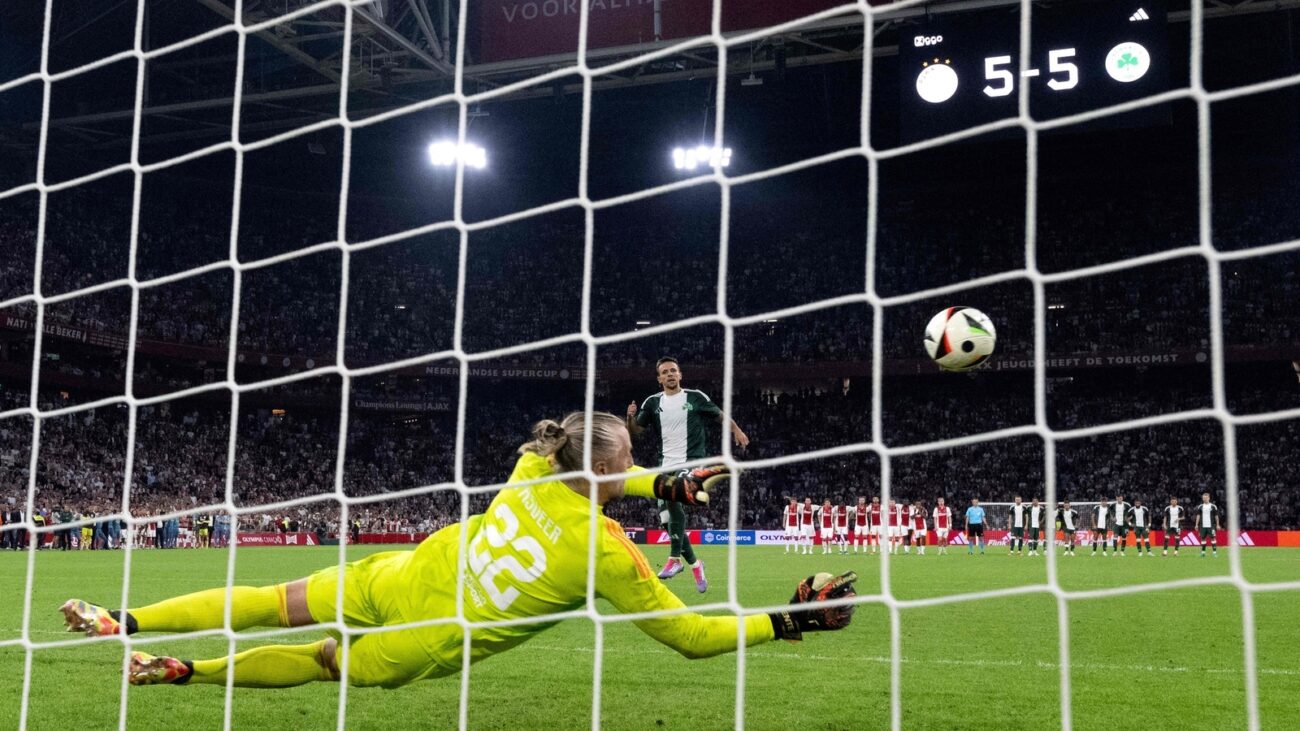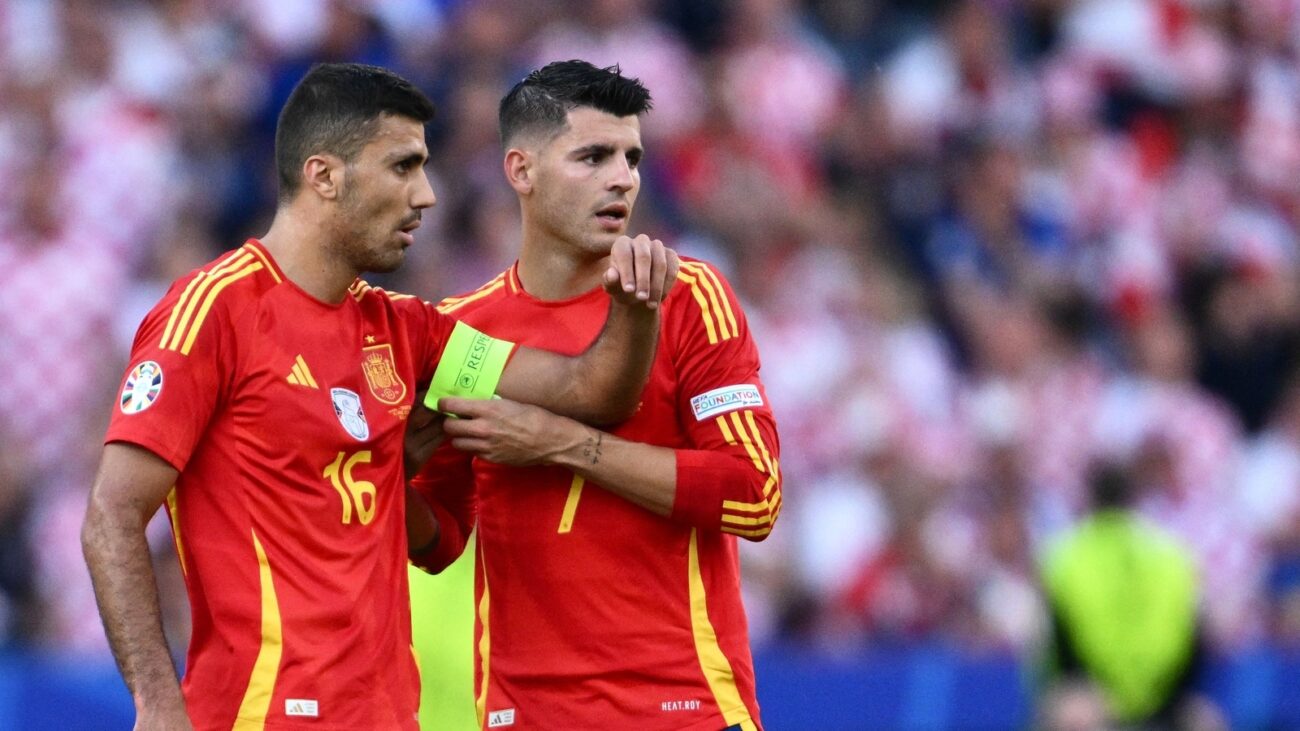Champions League Expands with New Format, Sparking Concerns over Player Workload
The Champions League, Europe’s premier club football competition, embarks on a new era with an expanded format and increased matches. UEFA, the governing body, has introduced a 36-team league phase, with each team playing eight matches against different opponents.
The expanded format aims to address the predictability of the traditional group stage and prevent the formation of a breakaway Super League. The top eight teams from the league phase will advance directly to the last 16, while teams ranked 9th to 24th will compete in a play-off round for the remaining berths.
The opening week of the competition features several high-profile clashes, including Real Madrid vs. VfB Stuttgart, AC Milan vs. Liverpool, and Manchester City vs. Inter Milan. The draw has also produced intriguing matchups such as Paris Saint-Germain vs. Arsenal and Manchester City, and Real Madrid vs. Borussia Dortmund, Liverpool, and Milan.
While the expanded format promises more excitement and unpredictability, concerns have been raised about the impact on player workload. The additional matches come at a time when top clubs are already facing a congested schedule, including the inaugural FIFA Club World Cup in the United States.
Global footballers’ union FIFPro has expressed concerns about the lack of rest and recovery time for players. The union argues that the increased number of matches could lead to injuries and burnout.
Despite the concerns, UEFA president Aleksander Ceferin believes the new format will benefit the competition and make it more interesting. The expanded Champions League promises a fresh start, but it remains to be seen whether the increased workload will ultimately prove beneficial or detrimental to the players and the sport as a whole.

